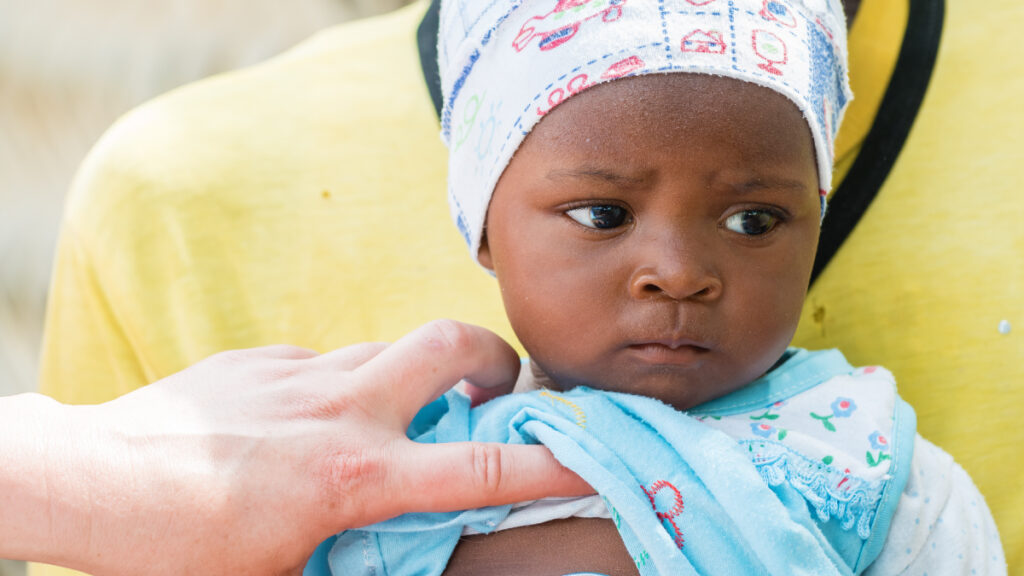Having a new baby is no doubt one of the most exciting experiences. However, having your infant fall sick can be scary. The crying, discomfort and sleepless nights are not what any new mother will enjoy. It is essential to know what diseases your newborn is susceptible to, recognize the symptoms, and do your best to create a healthy environment for your baby.
One illness babies less than 12 months are most vulnerable to is malaria. It is one of the most common causes of death in children and infants in high-risk areas like the South West, North Central, and North West regions. In infants, malaria seems to be more severe than in older children, which is why mothers need to know the symptoms of malaria in babies.
How Malaria is spread in Infants
The bite of the female anopheles mosquito spreads malaria. This might seem unbelievable, but an expectant mother can pass malaria to her unborn child during or before delivery. Malaria, in this case, is called congenital malaria.
Congenital malaria is the presence of plasmodium parasites in the blood of a newborn baby less than seven days old. The most common symptoms of congenital malaria are anaemia, fever and splenomegaly (spleen enlargement). Other symptoms accompanying the condition include jaundice, poor feeding, hepatosplenomegaly (swelling and enlargement of the liver and spleen) and vomiting.
A baby under three months old is unlikely to get malaria because of the immunity received during pregnancy. But as the child grows older than three months, they lose that immunity and become more vulnerable to severe malaria since their immune system is not yet fully developed.
Symptoms of Malaria in Babies
Babies cannot speak, so they cannot express themselves if they feel sick. But you might notice that a sick baby cries for often than usual. As a new mom, you need to be on the lookout for any strange behaviour in your baby, as this might be a symptom of an illness.
Usually, malaria symptoms start to manifest about eight days to three weeks after exposure. In some cases, those symptoms can appear earlier or later. They can include
- sleeplessness
- fever
- chills
- poor appetite
- diarrhoea
- vomiting
Reducing the risk of malaria in infants
Pregnant and nursing mothers should make use of long-lasting insecticide nets to keep mosquitoes away from themselves and their infants.
Areas with overgrown bushes and stagnant water should be cleared out as this can contribute to breeding mosquitoes in the domestic environment.
If an infant exhibits any symptoms of illness, there is no need to panic; medical attention must be sought immediately. You can speak to a doctor on Doctall immediately to get anti-malaria medication for your baby.
In pregnant women, malaria must be treated quickly and effectively as untreated malaria can lead to complications like low birth weight, premature birth, restricted growth of fetus, miscarriage and even death of the mother.
Keeping your young one safe and healthy is your responsibility as a parent. Pay close attention to your baby’s behaviour so you will notice any change. If you find that your baby has symptoms of malaria or any other signs that make you uneasy, speak to a doctor on Doctall for advice immediately.

